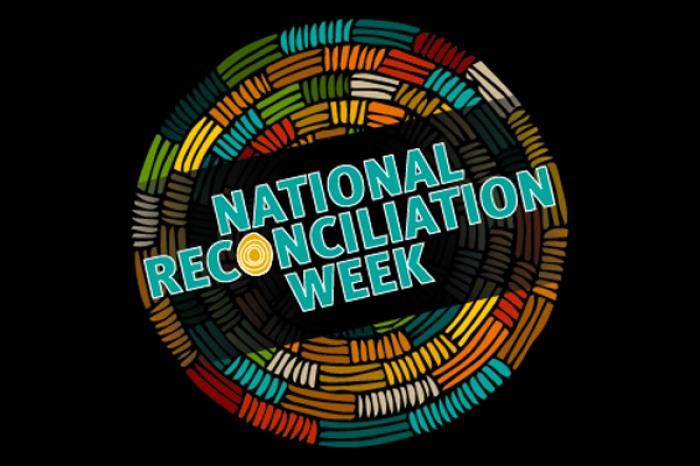Working Toward Reconciliation
Working Toward Reconciliation
 The end of this week marks National Reconciliation Week, where communities across Australia learn more about a shared history, culture and achievement to take time to reflect on the role each of us plays in working toward reconciliation with First Nations People.
The end of this week marks National Reconciliation Week, where communities across Australia learn more about a shared history, culture and achievement to take time to reflect on the role each of us plays in working toward reconciliation with First Nations People.
Reconciliation is the strengthening of relationships with indigenous groups to benefit all. This year’s theme of “Be a voice for generations” is a challenge for all Australians to make a concerted effort to address the unfinished business of reconciliation for greater prosperity and connection.
Reconciliation Week begins this week with National Sorry Day. National Sorry Day was a momentous moment for this country and modelled taking responsibility for the past actions of others. It acknowledged that policies aimed at First Nations Peoples had a detrimental and long-lasting generational impact.
As a College, Reconciliation Week provides an opportunity for reflection and how we, as individuals and community, begin to move toward truth-telling and strengthen relationships between Aboriginal and Torres Strait Islander Peoples and non-Indigenous People. It allows all people to obtain a greater understanding of the rich history of this land and the intricate stories embedded within it, both new and old.
Lutheran Pastor Chad Rimmer speaks of a God that has two moves, to create and to reconcile. Beginning to understand this inherent relationship in reconciliation is essential and he writes,
“Seeing the way God reconciles Creation in Christ equips us to see God’s Spirit at work restoring creation today. Faith gives us the eyes to see beauty among the broken. Faith gives us the eyes to see healing among the hurt. Faith gives us eyes to see the mutuality among the multitude of creatures, great and small.” Rev Chad Rimmer
Whilst attending the Year Four Outdoor Education Program at Mapleton last week, I was privileged to listen to local Kabi Kabi Elder Mr Kerry Neill speak of new and old connections. The wind on your face, the sun on your back is a connection. Some of these connections are new; others are ancient; regardless, it is a connection. With that connection comes responsibility. We all have a connection to this country and as a result, God’s creation. The connected nature of creation and reconciliation is in action every day within our environment and with each other and we are asked to reflect on how we may make this creation better tomorrow than it was today.
One such tool to build a better knowledge of Reconciliation is the development of a Reconciliation Action Plan (RAP). A RAP is a framework for organisations to realise their vision for engaging well with Aboriginal people and creating positive pathways and processes for people. To better understand the path to reconciliation in our unique context, staff and students continue constructing our own College Reconciliation Action Plan. Our hope is that as a College, we begin to understand the road to reconciliation better and what steps our community takes toward greater clarity and engagement with Indigenous knowledge.
Take care and God Bless.
Mr Damian Davis, Head of Staff and Students P-5
